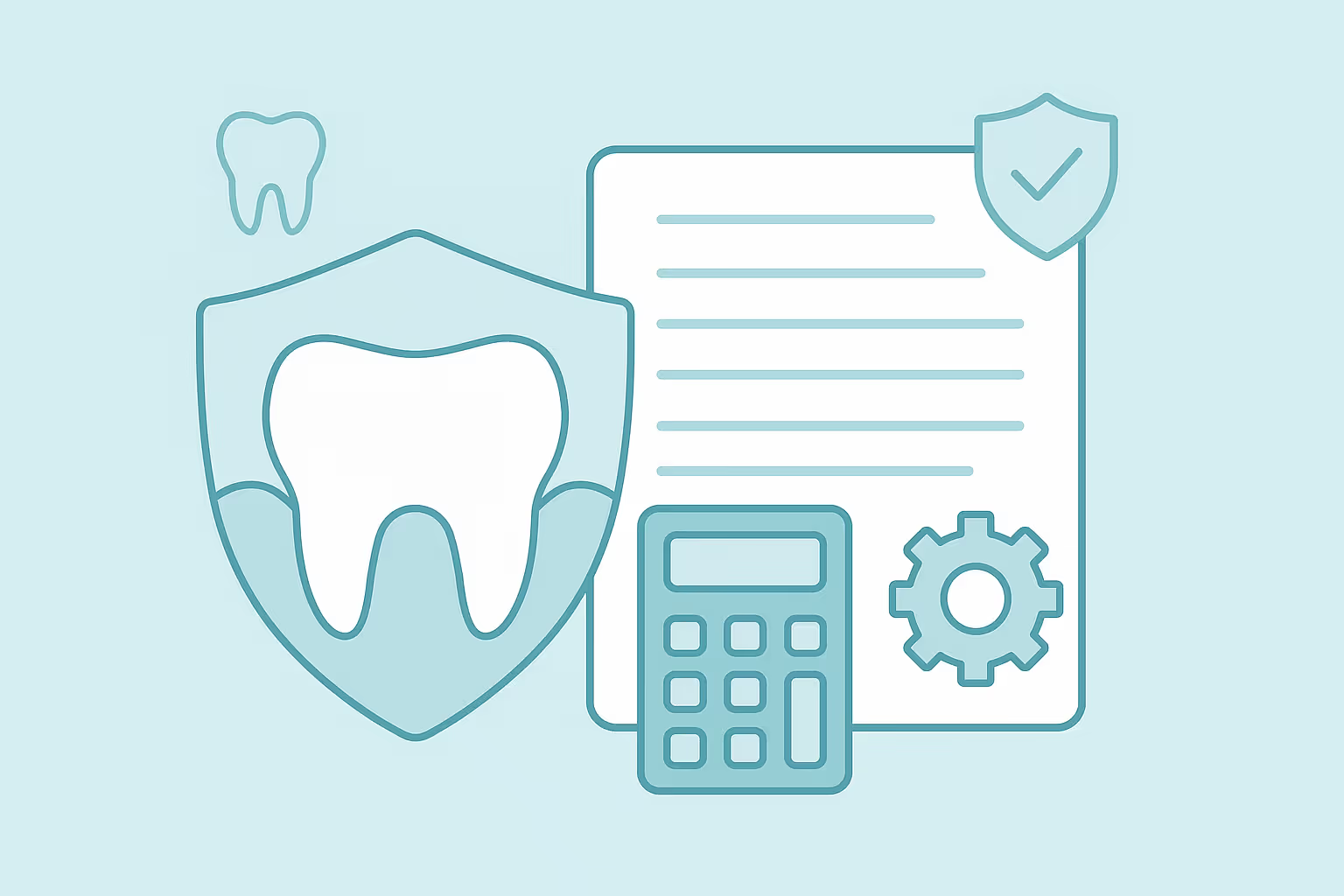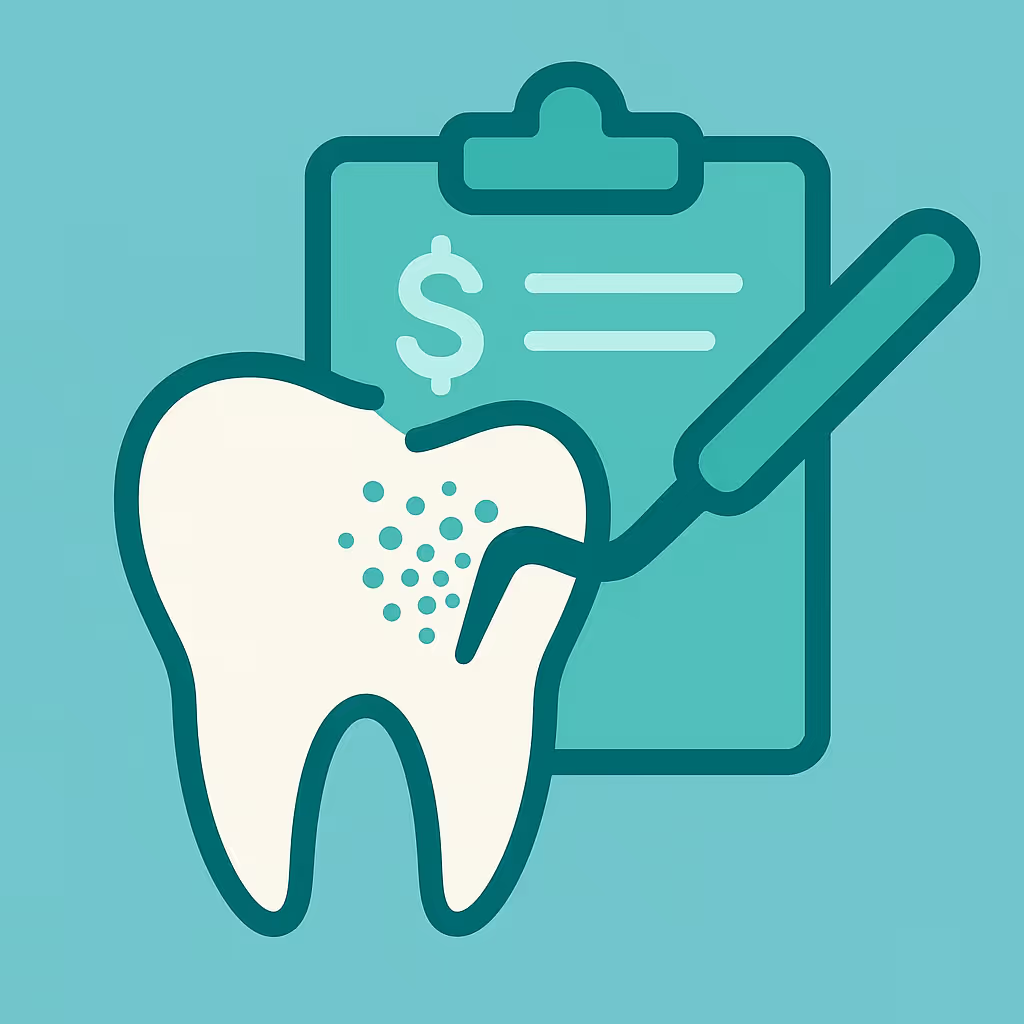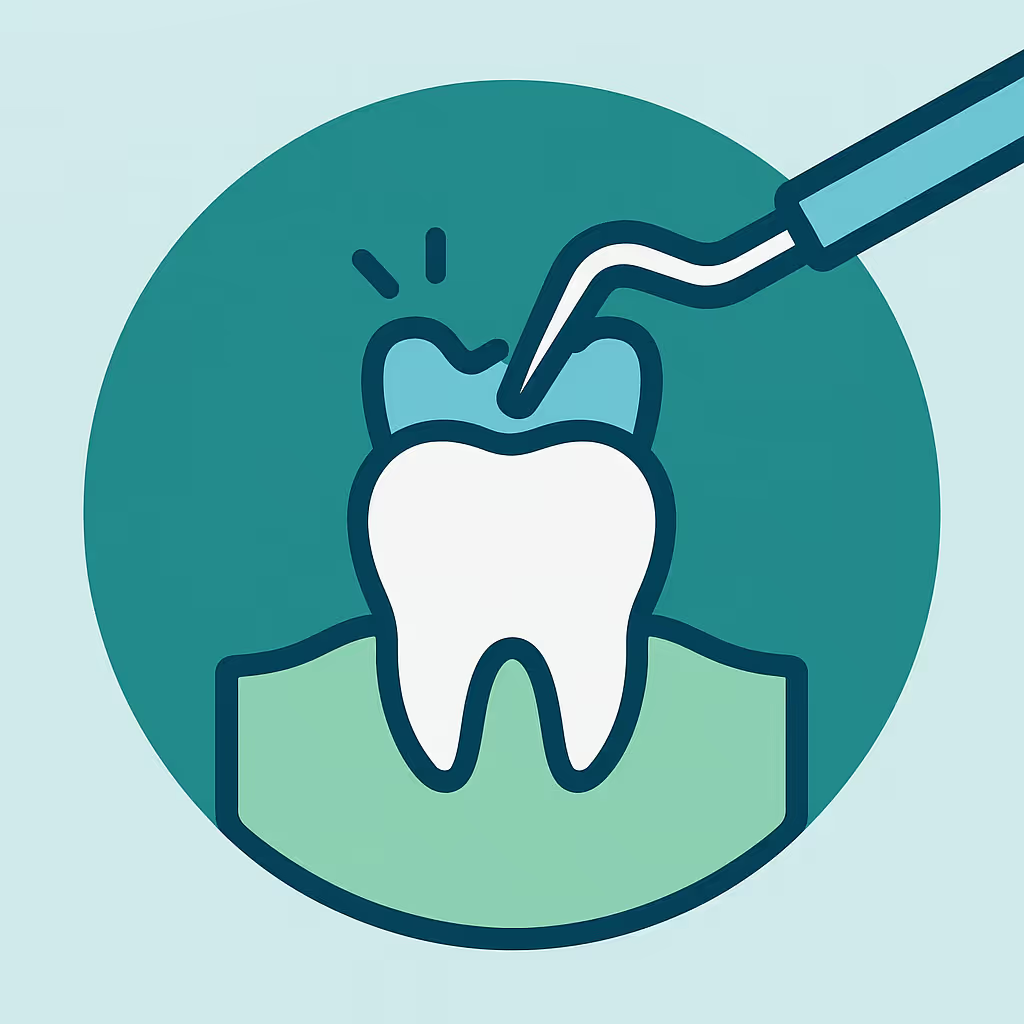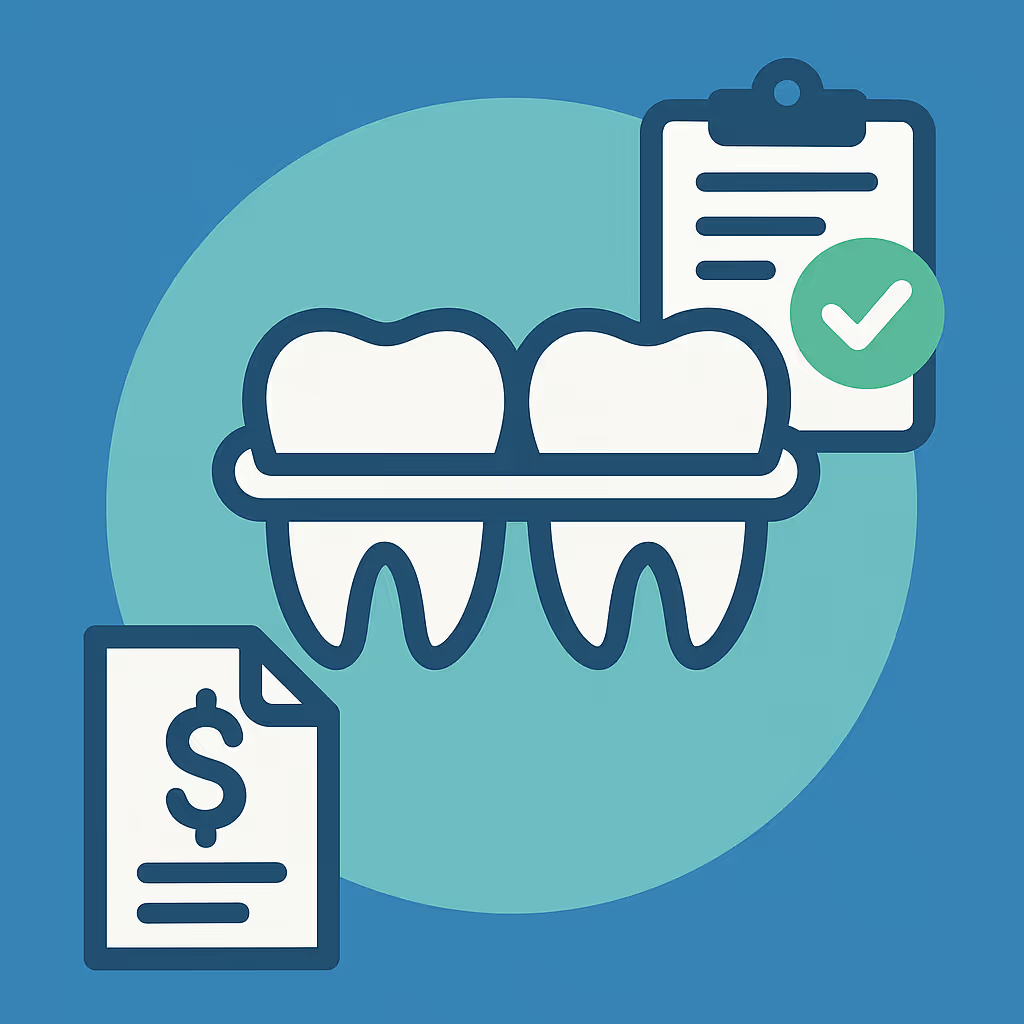Understanding Dental Code D7720
When to Use D7720 dental code
The D7720 dental code is designated for the alveoloplasty procedure involving the maxilla, performed in conjunction with extractions in the same surgical area. This CDT code is specifically used when a dental provider reshapes and smooths the alveolar ridge of the upper jaw (maxilla) at the time of tooth removal to prepare the site for future prosthetic appliances, such as dentures or partials. Proper use of D7720 ensures accurate documentation and reimbursement for the additional surgical work beyond simple extractions.
Documentation and Clinical Scenarios
Accurate documentation is essential for successful claim submission and insurance reimbursement. When billing for D7720, dental teams should include:
- Detailed clinical notes describing the condition of the alveolar ridge and the necessity for contouring.
- Pre- and post-operative radiographs or intraoral photos that clearly show the maxillary bone before and after the procedure.
- Specific mention that the alveoloplasty was performed in conjunction with extractions, not as a stand-alone procedure (which would use a different code, such as D7310 for a different scenario).
- Patient consent forms and treatment plans outlining the reason for the alveoloplasty, especially if future prosthetics are planned.
Common clinical scenarios for D7720 include patients with irregular maxillary ridges, sharp bony projections, or excessive undercuts that would interfere with comfortable denture placement.
Insurance Billing Tips
To maximize reimbursement and minimize denials, follow these best practices:
- Verify insurance benefits prior to treatment, confirming coverage for surgical alveoloplasty in conjunction with extractions.
- Submit comprehensive documentation with the initial claim, including clinical notes, radiographs, and the extraction codes (such as D7140 for simple extractions).
- Use correct CDT code sequencing: List D7720 after the extraction codes on the claim form to clarify that the alveoloplasty was performed as an adjunct procedure.
- Review Explanation of Benefits (EOBs) promptly. If denied, check for missing documentation or incorrect code linkage, and submit a claim appeal with additional supporting evidence if necessary.
- Track accounts receivable (AR) to ensure timely follow-up on outstanding claims involving surgical procedures like D7720.
Example Case for D7720
Case Study: A 67-year-old patient requires extraction of multiple maxillary teeth due to advanced periodontal disease. During the procedure, the dentist notes sharp bony ridges that would hinder future denture stability. The provider performs alveoloplasty (D7720) in conjunction with the extractions to smooth the ridge. The dental team documents the clinical findings, takes before-and-after radiographs, and submits the claim with D7720 listed after the extraction codes. The insurance carrier requests additional documentation, which the office promptly provides, resulting in successful reimbursement for the procedure.
This case highlights the importance of thorough documentation, proper code sequencing, and proactive insurance communication when billing for D7720.





